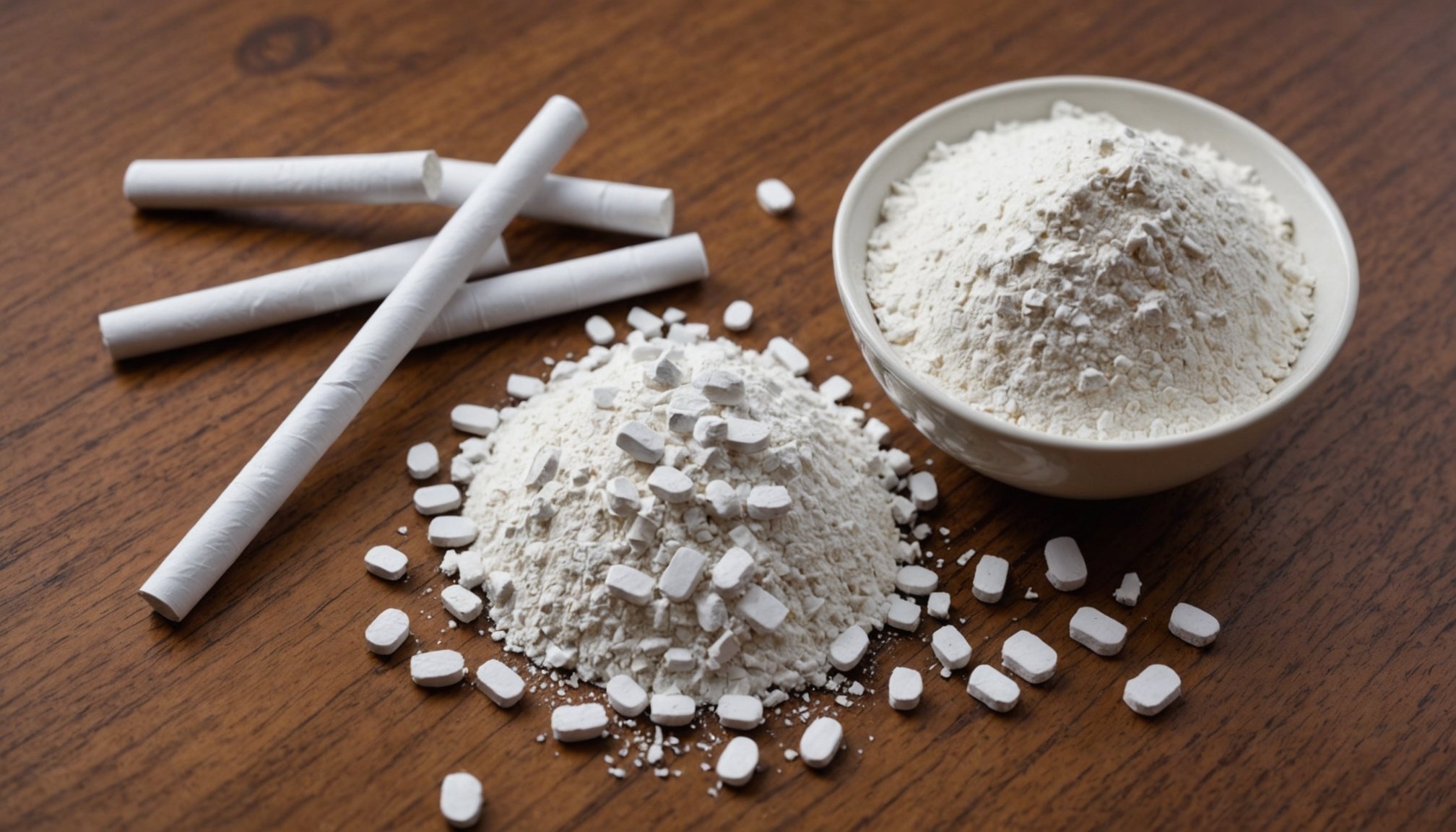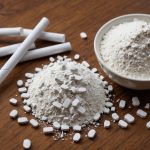Cocaine addiction affects more than just physical health—it disrupts emotional and social well-being too. Understanding effective treatment options, from personalised therapy and medication to support groups, can guide recovery. Tailored approaches address individual needs, providing real hope and practical solutions for overcoming addiction and rebuilding a healthier life.
Overview of Effective Cocaine Addiction Treatment Options
Find effective cocaine addiction treatment methods focus on combining medical, psychological, and support strategies tailored to individual needs.
Also to discover : Unlocking inner strength: men psychotherapy in fitzrovia
Evidence-based therapies, such as cognitive behavioral therapy (CBT), are central to recovery, helping patients understand and change harmful thought patterns linked to their addiction. These therapies are effective whether delivered individually or in group settings, fostering long-term sobriety.
Personalized approaches consider each person’s circumstances, including co-occurring mental health issues or social factors. For example, engaging family members through family therapy can strengthen support networks. Outpatient programs allow individuals to maintain daily routines, while inpatient or residential rehab provides a structured environment for intensive therapy and detoxification.
This might interest you : How Does the NHS Address the Growing Demand for Healthcare Services?
Support groups like Narcotics Anonymous offer ongoing peer support, essential for relapse prevention. Academic research and clinical practice emphasize the importance of integrating medication-assisted treatment (MAT) when appropriate, especially for co-existing conditions.
You can view more details on this page: find effective cocaine addiction treatment methods, ensuring a comprehensive, patient-centered plan that minimizes relapses and promotes sustainable recovery.
Types of Treatment Programs for Cocaine Addiction
Residential and Inpatient Rehabilitation Programs
Residential treatment centers deliver structured, immersive environments where clients can focus solely on their recovery. These programs provide round-the-clock medical supervision, essential for managing withdrawal symptoms and navigating the detoxification process for stimulants. The detox timeline for cocaine depends on individual needs, but the presence of professional teams ensures all stages are safely monitored. Inpatient detox facilities frequently integrate cognitive behavioral therapy benefits and a variety of evidence-based addiction treatments to address substance abuse at its core. Family involvement in recovery is often encouraged, promoting healthier relationships and strengthening long-term recovery planning.
Outpatient Therapy and Counseling Services
For those balancing work or family, outpatient vs inpatient treatment choices offer flexibility. Addiction recovery strategies in outpatient counseling benefits individuals who wish to live at home while attending regular sessions. These services typically utilize substance abuse counseling methods, behavioral therapy for substance abuse, and group support to foster coping skills development. Outpatient programs focus on relapse prevention techniques, psychological support in rehab, and crafting individualized treatment plans tailored to each person’s needs, often with an emphasis on dual diagnosis treatment options and managing cravings.
Medication-Assisted Treatment (MAT) for Cocaine Dependence
While there are currently no long-term medication-assisted treatment for stimulant addiction approved for cocaine, short-term medication may ease detox side effects or manage sleep disturbances during the withdrawal symptoms timeline. MAT can be integrated with trauma-informed care in addiction treatment and motivational interviewing techniques. Evidence-based relapse triggers are tracked, and post-treatment support options are provided to sustain sobriety, addressing both physiological and psychological challenges in holistic approaches to addiction recovery.
Therapeutic and Holistic Approaches in Managing Cocaine Addiction
Cognitive Behavioral Therapy (CBT) Benefits and Implementation
Cognitive behavioral therapy benefits individuals by equipping them with strategies to disrupt addictive thinking and behavior patterns. This evidence-based addiction treatment guides patients to identify triggers, test cravings management techniques, and replace self-destructive patterns with healthier coping skills development. Regular psychological support in rehab enhances self-awareness, while tracking progress in recovery allows patients and clinicians to assess the effectiveness of each intervention. CBT in cocaine rehab programs is often adapted to address dual diagnosis treatment options, supporting those facing co-occurring mental health disorders.
Motivational Interviewing Techniques to Enhance Engagement
Motivational interviewing techniques foster open dialogue and boost motivation. Counselors apply these substance abuse counseling methods to create a nonjudgmental space where clients can resolve ambivalence about change and develop individualized treatment plans. These strategies increase engagement in outpatient counseling benefits and support long-term recovery planning. Goal-setting and motivational incentives in rehab act as relapse prevention techniques, helping individuals maintain commitment throughout the detoxification process for stimulants.
Holistic and Alternative Healing Practices
Holistic approaches to addiction recovery incorporate mindfulness and art therapy, benefiting psychological and emotional healing. This broader array of holistic healing practices, such as trauma-informed care in addiction treatment, stress management techniques, and exercise and addiction recovery, addresses the complex needs of people in residential treatment centers. When used alongside traditional behavioral therapy for substance abuse, alternative therapies for addiction promote balanced recovery, reduce relapse triggers, and encourage overall well-being.
Support Resources and Long-Term Recovery Strategies
Role of Support Groups like Narcotics Anonymous and SMART Recovery
Support groups for stimulant abuse are foundational for sustained recovery. Options such as Narcotics Anonymous and SMART Recovery provide motivational support groups and 12-step program alternatives that address substance abuse. These group settings allow individuals participating in cocaine rehab programs to share experiences, which enhances motivation and accountability—a crucial benefit for long-term sobriety maintenance. Support groups for stimulant abuse are also vital for tracking progress in recovery, identifying relapse warning signs, and building coping skills development networks.
Relapse Prevention Techniques and Maintenance of Sobriety
Relapse prevention techniques focus on recognizing stress management techniques and cravings management strategies. Evidence-based addiction treatments like cognitive behavioral therapy (CBT) build personalized skills to manage cravings and behavioral triggers. Ongoing community-based recovery resources and outpatient counseling benefits support patients in identifying high-risk behaviors that may lead to relapse. Combined with motivational interviewing techniques and group therapy, these strategies encourage long-term recovery planning and relapse recovery planning.
Importance of Family Involvement and Community-Based Resources
Family involvement in recovery and engagement with community-based recovery resources are key predictors of rehabilitation success rates. Family therapy sessions, when integrated with individualized treatment plans, address the impact of addiction on families and support dual diagnosis treatment options where co-occurring mental health disorders exist. Access to support groups for stimulant abuse with family support can greatly improve psychological support in rehab and promote stress management techniques across the recovery timeline.







